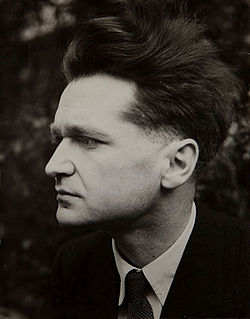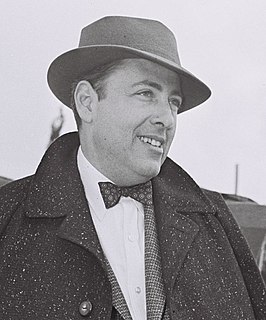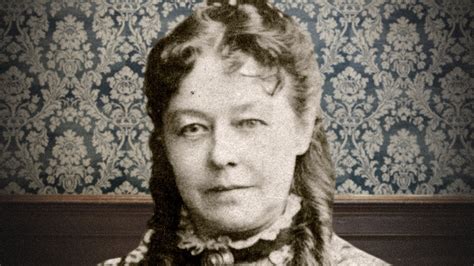A Quote by Emil Cioran
What would be left of our tragedies if an insect were to present us his?
Related Quotes
A God who draws near out of love, the Holy Father continued, walks with His people, and this walk comes to an unimaginable point. We could never have imagined that the same Lord would become one of us and walk with us, be present with us, present in His Church, present in the Eucharist, present in His Word, present in the poor, He is present, walking with us. And this is closeness: the shepherd close to his flock, close to his sheep, whom he knows, one by one.
Let us fill a cup and drink to that most noble, ridiculous, laughable, sublime figure in our lives... The Young Man Who Was. Let us drink to his dreams, for they were rainbow-colored; to his appetites, for they were strong; to his blunders, for they were huge; to his pains for they were sharp; to his time for it was brief; and to his end, for it was to become one of us.
When poets die, other poets take it personally, almost as an affront. A lot of us "left behind" are thinking that poetry is the one thing keeping us alive and present, so what does it mean when one of our ranks chooses to end his or her life? There's an anger beneath the grief, you know? That anger and grief, in turn, breeds other poems from those of us left behind.
I will venture to affirm, that the three seasons wherein our corn has miscarried did no more contribute to our present misery, than one spoonful of water thrown upon a rat already drowned would contribute to his death; and that the present plentiful harvest, although it should be followed by a dozen ensuing, would no more restore us, than it would the rat aforesaid to put him near the fire, which might indeed warm his fur-coat, but never bring him back to life.
contrary to what many believed, my father was kind and tenderhearted, especially towards his family. His forbidding sternness seemed to melt into love, kindness, and easy familiarity when he was with us. Especially with me, his acknowledged successor to the throne, he would play lightheartedly. When we were alone together, he would sing me little songs; I don't remember his ever doing this in front of others, but when only the two of us were there, he would often sing to me.









































